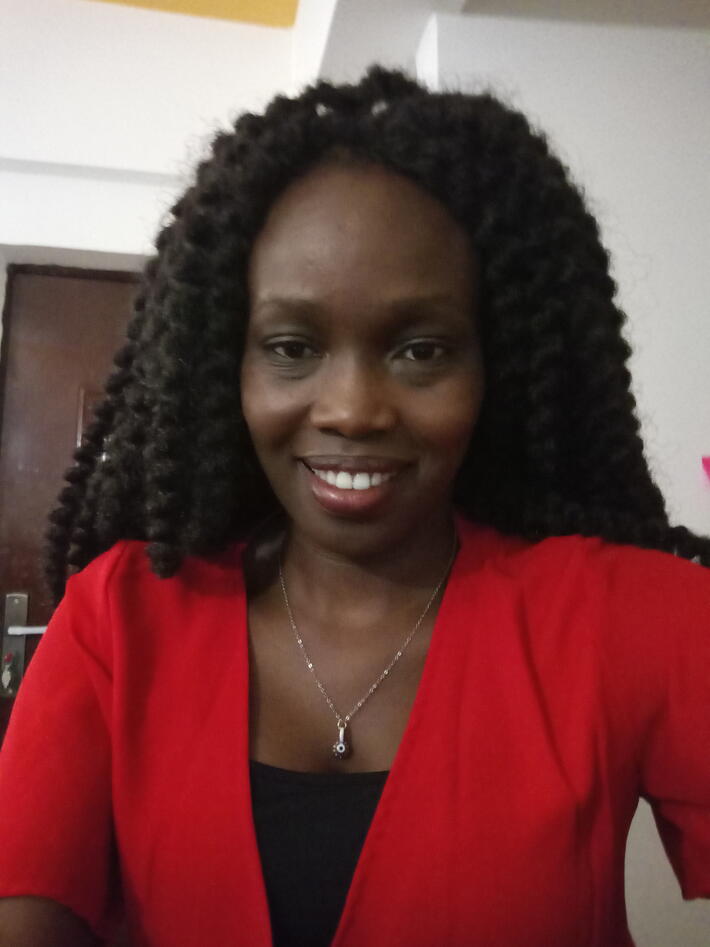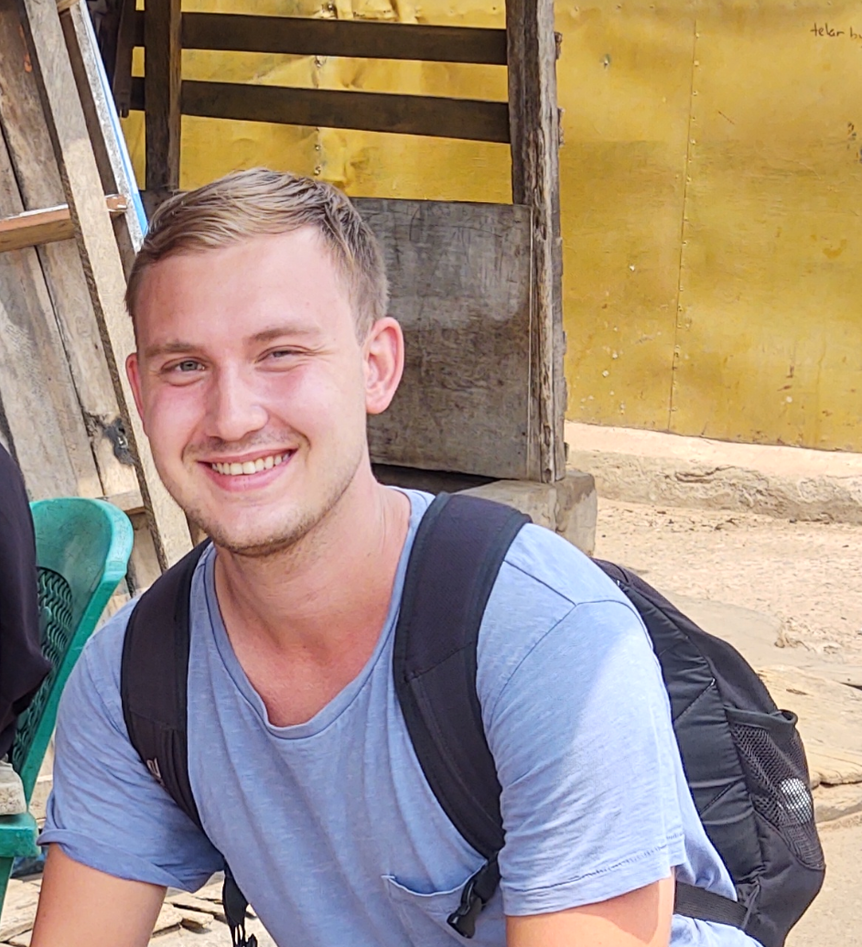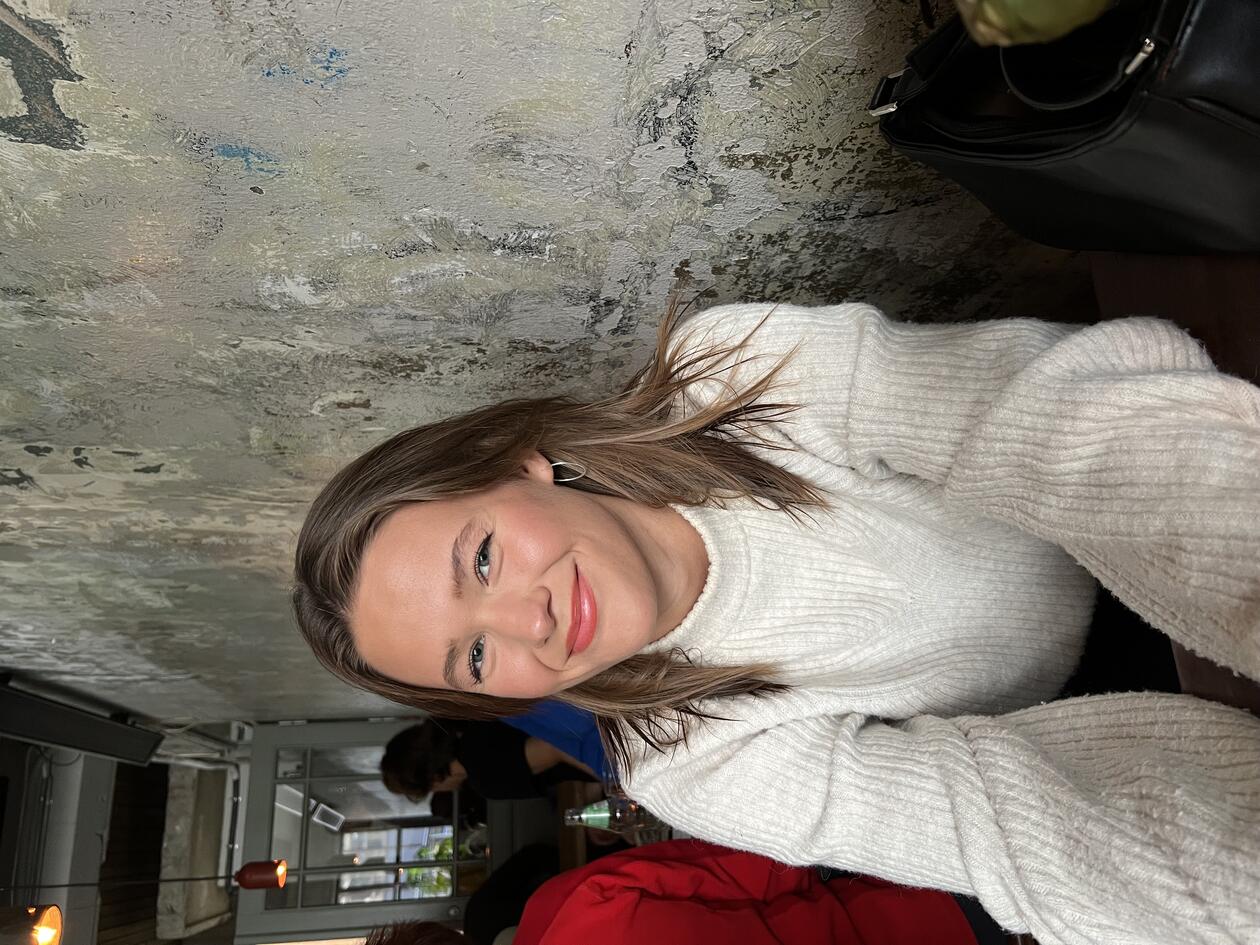Master students' projects
The following lists descriptions of master students' projects affiliated to UrbanEnclavingFutures.
Hovedinnhold
Ongoing projects
Mercy Gitonga
Mercy's research project explores migration from Ethiopia to South Africa. Ethiopian migration along the Southern route, via Kenya and other Eastern-Southern nations to South Africa, is often sophisticated, multidirectional and involves very complex transnational social networks. Looking into Southern migration trajectories, this research seeks to explore how Ethiopian migrants who have travelled or are still travelling to South Africa, sometimes through Kenya navigate, employ and engage with diverse practices, policies and structures of migration which they encounter along the way - and how, in so doing, they reinforce, remake or undermine various forms of socialities, transnational-citizenry(s), and the geographies of temporal or more permanent belonging associated with them.
Peter Krohn-Hansen
Peter's research project is based on a slum area in Nima in central Accra. The area is right next to the Jubilee House, Ghana's presidential palace, and marks a direct transition from state-run urban development on the one hand, to the more informal urbanization on the other. Large parts of Nima are state-owned land, where local communities are largely the result of rapid urbanization, migration and immigration. This has resulted in an area with a poorly developed infrastructure and major socio-economic challenges. Nima is a slum area with a population with very limited financial resources. Despite this, the internal, population-driven economy is constantly attracting new actors in the trade and market industry. This project deals with the relationship between urban development and economic activity in an area where different aspects of informality are leaving a significant influence on both elements.
Dina Nordhuus
In the first half of 2023 I will conduct fieldwork in urban Dakar, which is a city generally noticed by scholars for inequality and economic class. I seek to explore inequality in relation to home-building projects such as enclaves. With rapid urbanization processes, many home-building projects (state-led, funded and autoconstructed) have followed, yet a big percentage of the urban population still lives in precarious and informal housing. In view of rapid urban change and imaginations of a future with progress, I wish to address ways that urban planning and living in these neighborhoods might play a role in separating the urban class landscape. In the light of these issues, I will provide ethnographical insights to the experiences of living in different neighborhoods as notions of prestige or marginalization.
Completed projects
Ernest completed his MPHIL degree the autumn of 2022.
Ernest’s research project is titled “Public housing in Ghana: A case study of the Greater Accra Metropolitan Area”. The study is premised on the fact that despite the recognition of the role of housing in improving the socio-physical wellbeing of people, housing provision, accessibility, and affordability are still a considerable challenge in Ghana. The housing deficit in Ghana is currently over 2 million units. The housing sector over the years has been greatly influenced by national policies of various governments; policies that have shaped provision, accessibility, and affordability of housing in the country. Is in this regard, Ernest’s research project aims to explore how post-independent housing policies and projects influenced the state of housing in urban Ghana.
Read about his work here: The state of public housing in Ghana
Maria completed her MA degree in spring 2020.
Maria’s master project is a study of sociality and security/insecurity in a slum area of Kampala, Uganda. She conducted a six-month fieldwork among a group residing in an urban poor area at the outskirts of Kampala. She focuses on gendering dimensions, security and insecurity and the boundaries and relationships between those residing both inside and outside the slum. Her MA thesis is titled "Tales from Everyday Life at "Happy Street" -Informality, creativity and sociality among youth in an informal settlement in Kampala, Uganda".
Lukas Siegfried Hoose
Lukas completed his MA degree in spring 2022.
Lukas' research project seeks to examine the transportation situation in Accra, Ghana and its implications on the urban society. He aims to grasp local peoples' perspective of everyday urban mobility in order to analyze what future policies on urban transportation are needed to ensure sustainable urban development in Accra. Linkages of transportation and issues like equality and democracy are also central concerns of his.
Mikko completed his MA degree in spring 2020.
Many refugee camps today are intended to be temporary, but eventually end up being more than so. As some of these contain over 200.000 people, it may be difficult to observe differences between the rural and urban. Mikko recently finished his fieldwork in a refugee camp in Northern Uganda. In his project, he investigates how people organise in camps and whether factors such as ethnicity, culture, language and economy affect how this is done. Understanding how these camps are organised and how people work together might be applicable in other areas in similar conditions, he contends.
Read his MA thesis "Biting the dirty hand that feeds you Relations and Resistance in the Bidi Bidi refugee camp, Northern Uganda" here.
Anna completed her MA degree in fall 2020.
Anna completed her master's degree in Social Anthropology at the University of Bergen in 2020. In the spring of 2019, she conducted fieldwork at the outskirts of Cape Town, South Africa. Her study is an exploration of urban housing politics from below in the post-Apartheid city, specifically focusing on what ways different groups of people – differentiated by class, race or gender – have varied access to urban resources. The fieldwork took place in Hazeldean, a community within a Township area called Philippi, where ongoing developments in the community and tense negotiations about land rights are heavily impacting people. The aim is to understand how the lived experiences of South African housing policies are affecting residents’ access to urban resources, such as mobility, housing, land right and safety.
Read her MA thesis "Consequences of South African Housing Policy: Twenty years of Struggle, Hope and Waiting" here.
Lauritz completed his MA degree in spring 2019.
Lauritz conducted fieldwork in the Greater Accra Region in Ghana. He studied the private city development project of Appolonia City, and how the transformation of space has social and cultural implications for the local population. He was situated in a nearby village, also named Appolonia, where the chief, «the stool council» and «the elders», leased their land to the company Rendeavour, Africa’s largest urban land developer. The development of the private city is well under construction, and effects are illustrated both within the village, the private city and elsewhere in Ghana. Key concepts are class, segregation, conflict and security, and formations and conceptualisations of meaning and future.
Read about his work here: Enclaving and neo-liberal city development
Read his MA thesis "Nyliberal Transformasjon av Landskap i Appolonia, Ghana: Meningsskapende Fremtider og Produksjonen av Livsverdener" here (norwegian).


